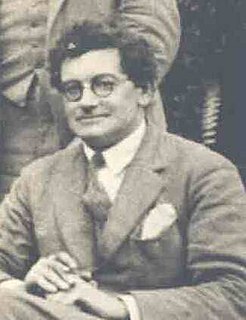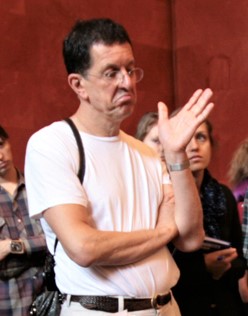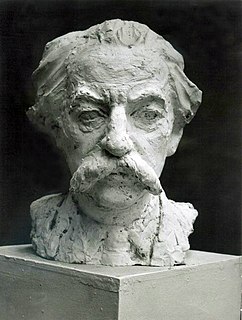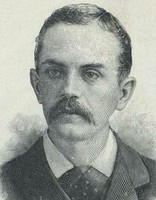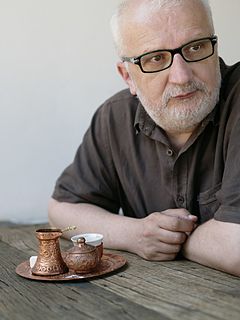A Quote by Joseph Campbell
It is the function of art to carry us beyond speech to experience.
Related Quotes
It is certain that the real function of art is to increase our self-consciousness; to make us more aware of what we are, and therefore of what the universe in which we live really is. And since mathematics, in its own way, also performs this function, it is not only aesthetically charming but profoundly significant. It is an art, and a great art.
I am a writer and my faith in the world of art is intense, but not irrational, nor naïve - because art takes us and makes us take a journey beyond price, beyond cost, into bearing witness to the world as it is and as it should be. Art invites us to know beauty and to solicit it, summon it, from even the most tragic of circumstances.
Art's effect is due to the tension resulting from the clash of the collocation of elements of two (or more) systems of interpretation. This conflict has the function of breaking down automatism of perception and occurs simultaneously on the many levels of a work of art ... All levels may carry meaning.
Those implications are tremendous beyond description. My experience showed me that the death of the body and the brain are not the end of consciousness, that human experience continues beyond the grave. More important, it continues under the gaze of a God who loves and cares about each one of us and about where the universe itself and all the beings within it are ultimately going.

